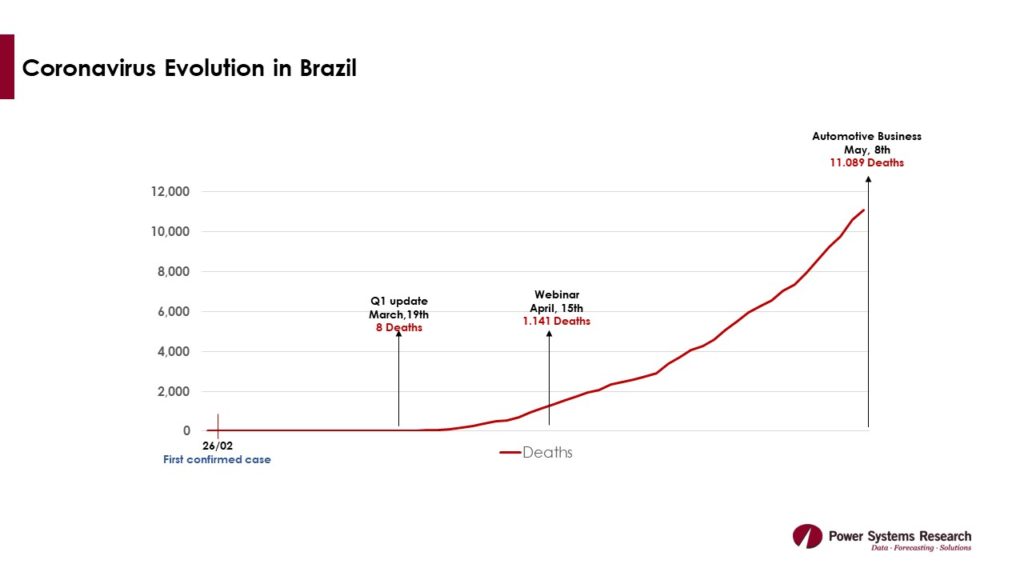Personal Mobility Segment Lacks Sparkle, Stocks, Demand Drop

Passenger vehicles sales dropped 41% to around 160k units in September as the shortage of semi-conductors disrupted production at most of the OEMs. OEMs are facing supply shortages rather than demand problems. We are seeing robust customer demand as increasing preferences towards personal mobility increase.
2-wheel sales declined 17% to 1.5 million units in September. The Motorcycle segment is heavily impacted as sales is dropped 23% in September. Owing to high vehicle acquisition costs and high fuel prices, inquiries regarding new vehicles have dropped significantly compared with last years’ level.
“Indian automobile industry continues to face new challenges, said Kenichi Ayukawa, President, SIAM. “While on one hand, we are seeing a revival in vehicle demand, on the other hand, shortage of semi-conductor chips is causing a major concern for the industry. Many members have curtailed their production plans.”
PSR Analysis: So, we believe the on road segments have witnessed a V-shaped recovery since the second wave of COVID-19 and won’t see a regular festive season spike for this year. PSR
Aditya Kondejkar is Research Analyst – South Asia Operations, for Power Systems Research





